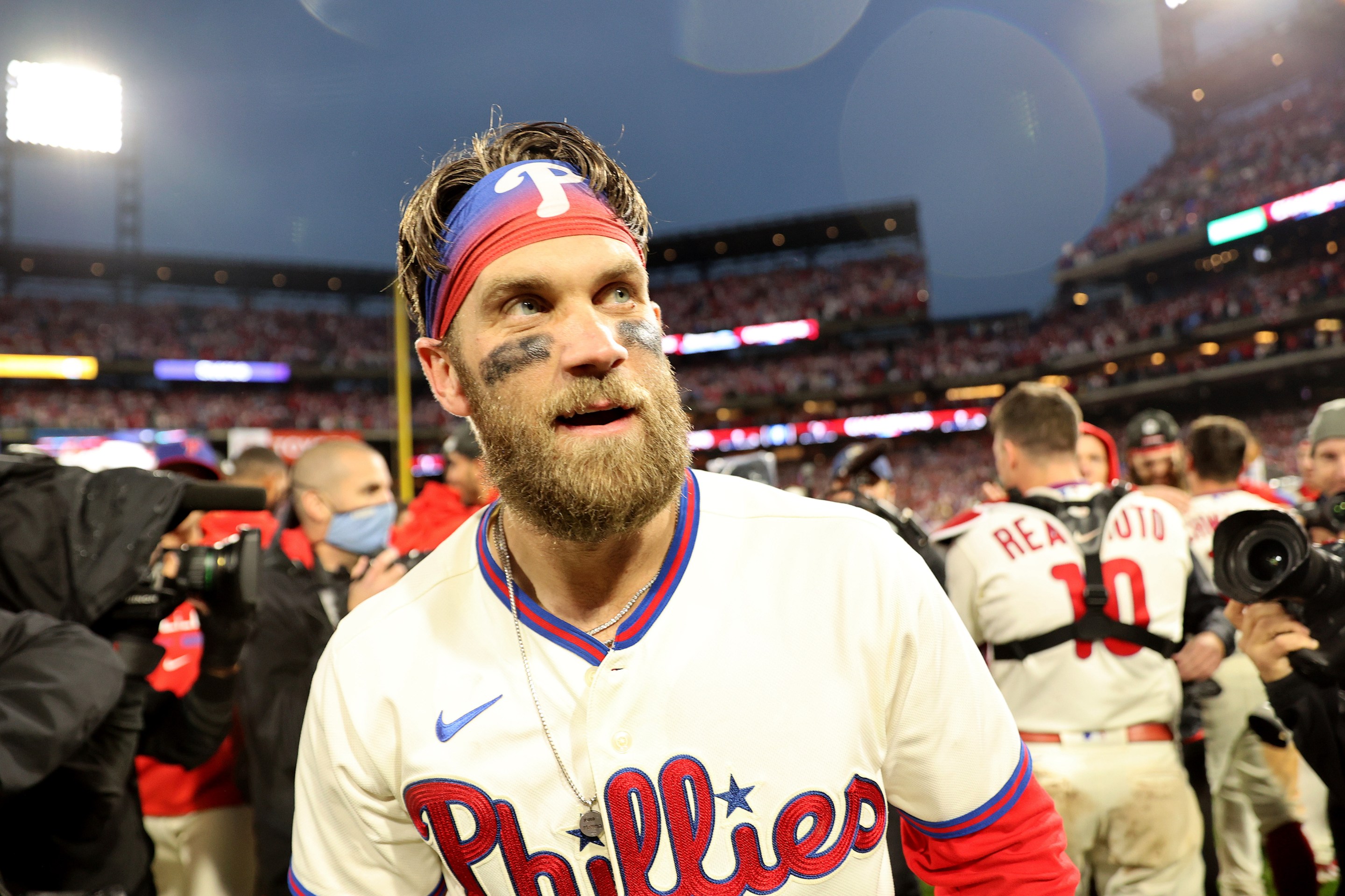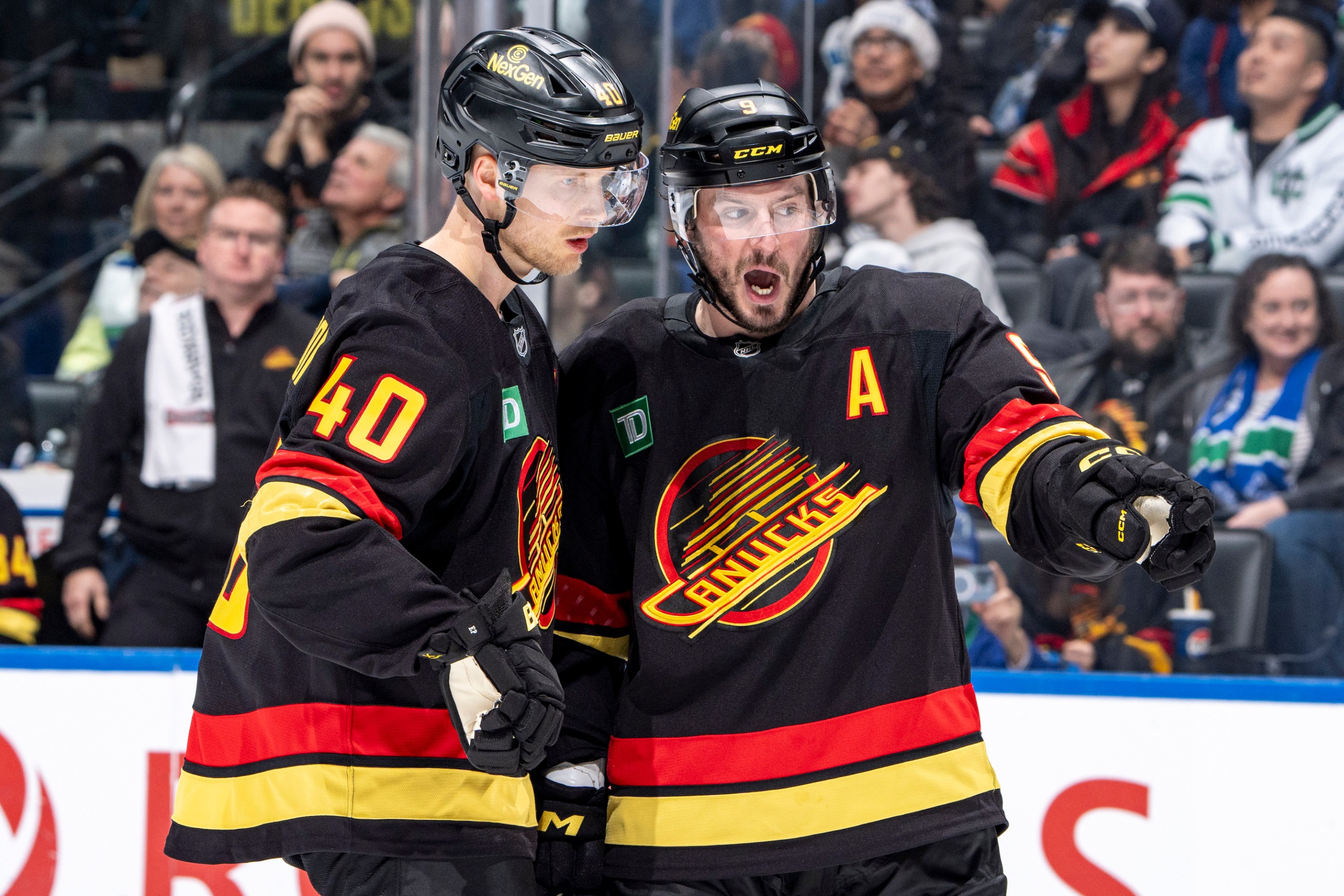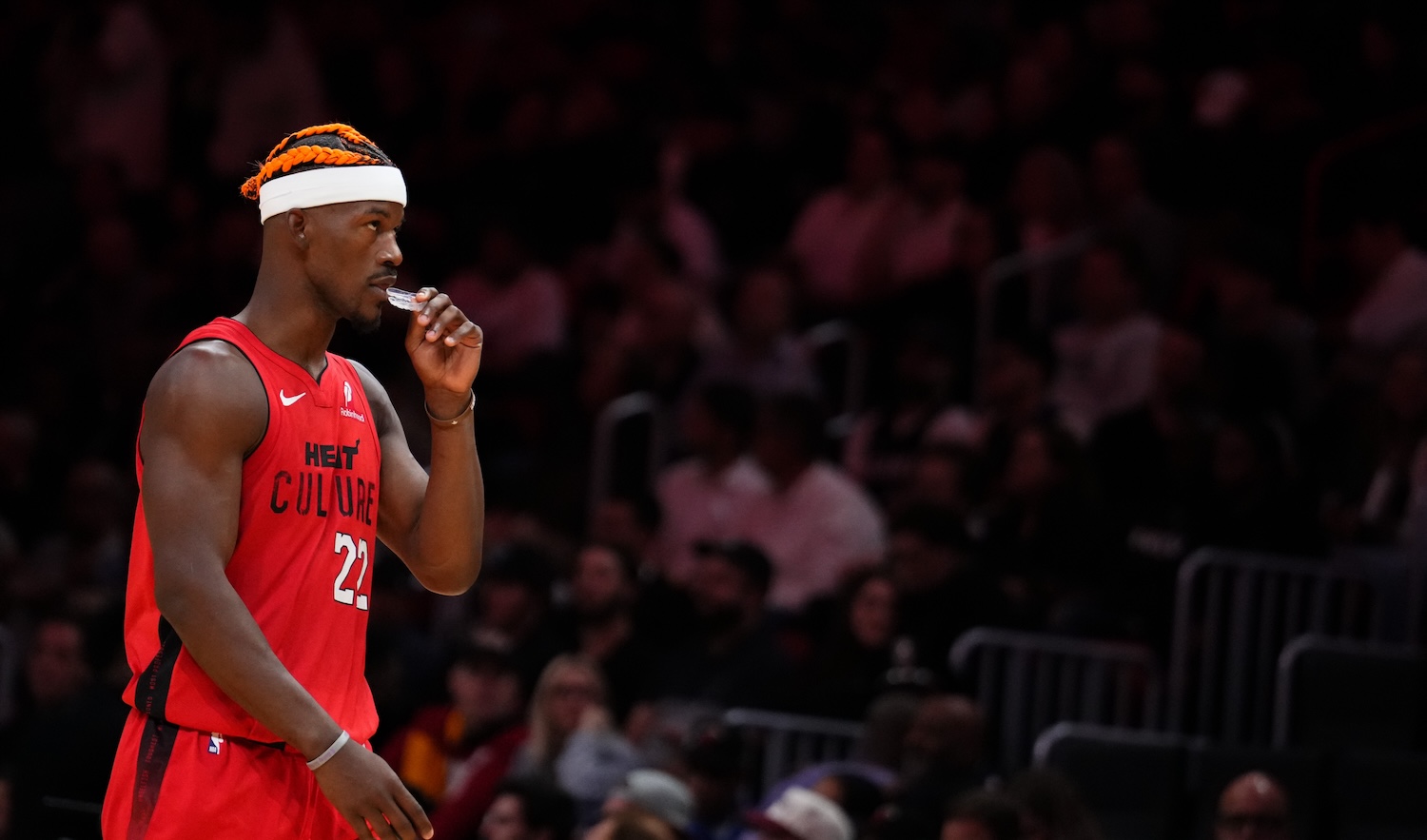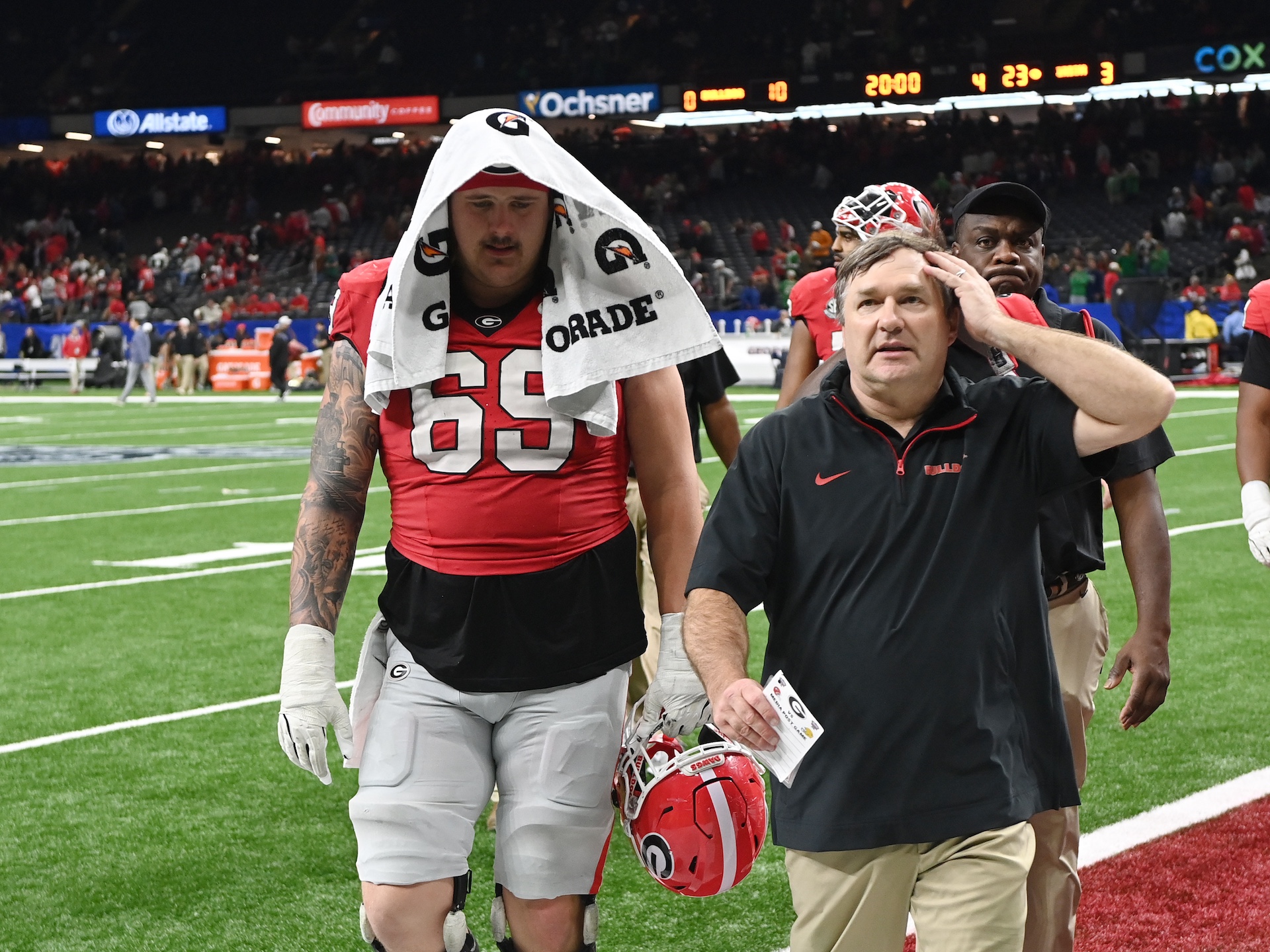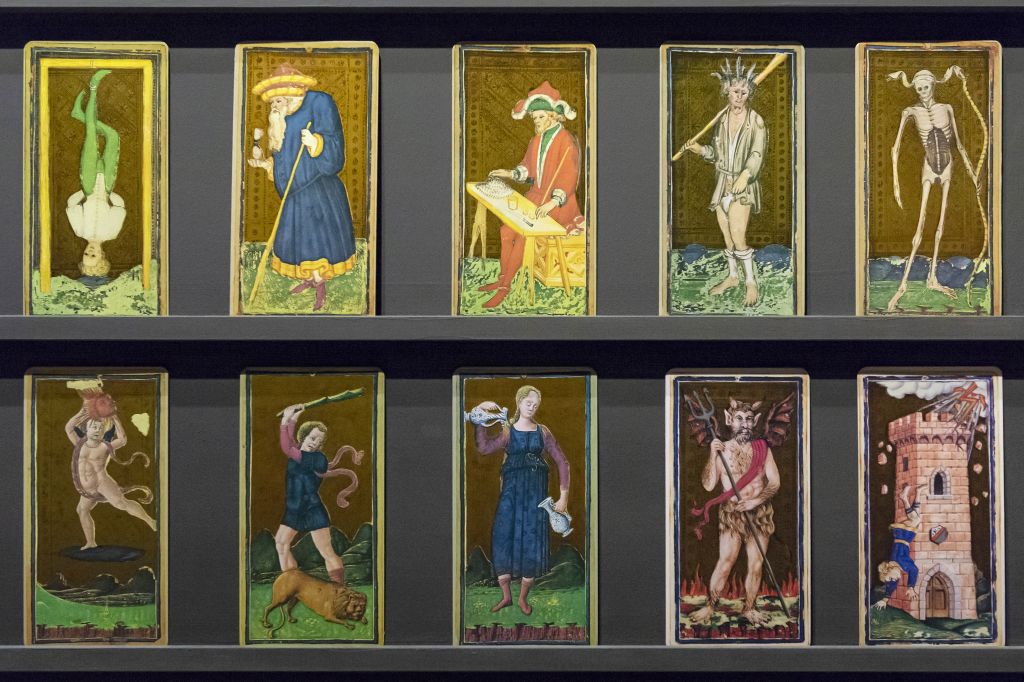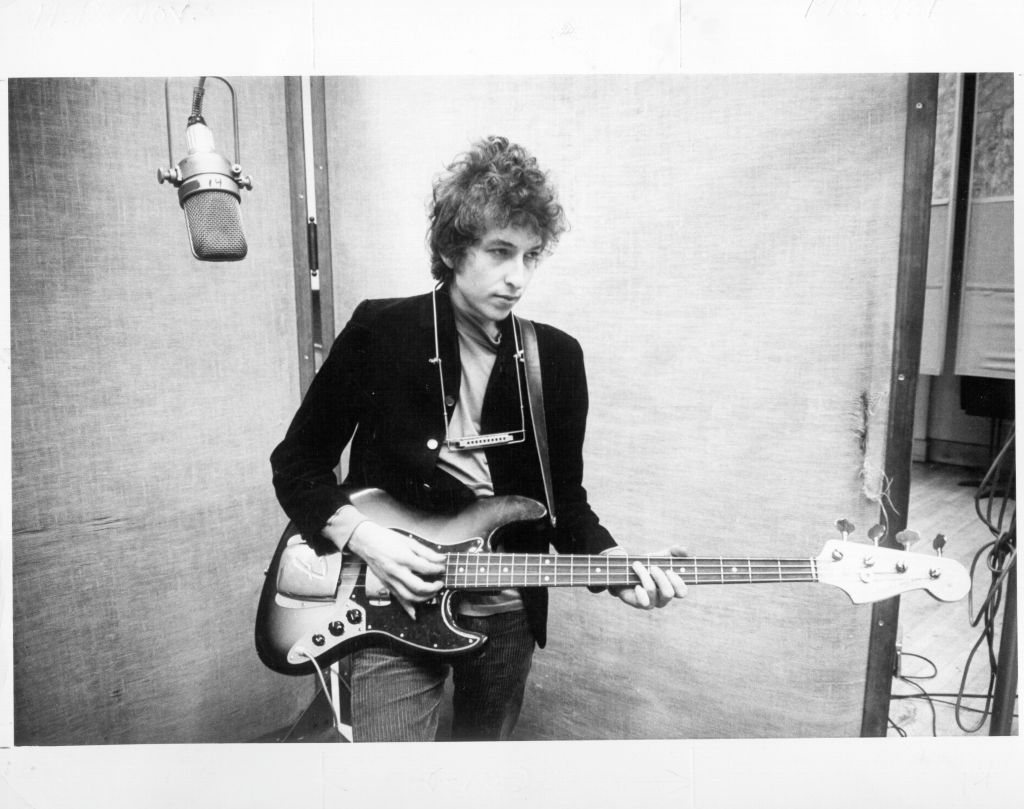"Be in the Hall of Fame, definitely," Bryce Harper told Sports Illustrated's Tom Verducci back in 2009. The question was about his goals as a baseball player; Harper was 16 years old, and his picture was on the cover of the magazine next to the words Baseball's Chosen One. "Play in the pinstripes," Harper went on. "Be considered the greatest baseball player who ever lived. I can't wait."
It is the nature of baseball to make people wait and the nature of 16-year-olds to hate waiting, so there was going to be some conflict. The reason Sports Illustrated sent its lead baseball writer to Nevada was the possibility that Harper's talent might let him be greater, faster than the game's inherent difficulty and industry best practices would ordinarily permit. It's what Harper wanted; he told Verducci he hoped to be in the majors "hopefully as soon as 18 or 19, the fast track." The evaluators quoted in the story are predictably bullish on Harper's future potential and present talent, and say that he would have been one of the top five, or top two, selections in the 2009 draft as a 16-year-old. But MLB teams can't draft 16-year-olds, so Harper got his GED, spent a year at a Las Vegas-area junior college and became the top pick in the draft the next year. He was on the fast track, and would stay there.
There are things that scouts just will not say on the record, comparisons that are equally unfair to the subject and unwise for the person making the comparison. But the evaluators in Verducci's story come as close to saying those things as custom and self-preservation allows. "Harper has been compared to Justin Upton, Alex Rodriguez, and Ken Griffey Jr., each a freakishly advanced high school player and each the top overall pick of his draft," Verducci writes. "But Harper, say the baseball men who are paid to make such assessments, has the ability as a sophomore that the aforementioned trio had as seniors."
Given how hard baseball is even for Harper-grade prospects who arrive on the scene around the demigod level, it is unwise—it is, almost, a taunt—to assume that things are just going to work out. A good scout would not compare a young pitcher to Pedro Martinez, for instance, not just because there are so many ways and reasons that such an assessment could prove itself wrong, but because it has only ever happened once that anyone was really like Pedro Martinez. In that sense, it was already clear by 2009 that there was no comparison to be made between Harper and virtually any other prospect that could be made on the record. If a 16-year-old reminds you of Mickey Mantle, the smart thing to do is to keep that thought to yourself. The safer comparison, somehow, and the one that Verducci allows himself, was to LeBron James. It is a comparison-shaped way of saying that there is no responsible comparison to make.
And while the LeBron comparison also seems preposterously doomed and unfair on the merits, it has somehow proven out in Harper's case. In both cases, a prodigy who was hyped as an unparalleled and incomparable sure thing simply went on to become exactly that, more or less on schedule. By 2012, Harper really was an All-Star in the bigs at 19, and played better there than he had during his sole season in the minors. He was the MVP at 22, and in the years after that remained both something like the unprecedented world-historic superstar he was supposed to become and seemingly not quite all that he was expected to be, let alone the instant champion that was promised. Baseball doesn't work that way. Nothing really does.
Not exactly, anyway. The Nationals had been bad enough to pick first overall in both 2008, when they chose Stephen Strasburg, and 2009, when they chose Harper. They made the playoffs in Harper's rookie season, and returned in 2014 and 2016 and 2017, but were never good or lucky enough to win even one postseason series. The team cycled through managers and organizational strategies and the sport's requisite crushing swathes of bad luck; new stars arrived from within the farm system and also through some win-now moves and the team improved and took steps back accordingly, and the same things more or less continued to happen and not-happen. Harper was every bit an All-Star all the while, but he was great in ways that seemed thwarted and increasingly sullen and always somehow short of expectations while also being right in line with the best possible outcome for just about any young player on the planet. This is another unfair thing about being incomparable; if no one really can say how great you might be, it is hard to know when you're done becoming whatever you might become.
Harper did not really seem to be having much fun during his time with the Nationals, and seemed to be having less fun the closer he came to free agency. It is by now something like conventional wisdom that Harper's move to the Phillies not only rejuvenated him as a player—he was named MVP for a second time last year, and was nearly as good this season despite missing months with injury—but definitively re-lit a pilot light that had guttered during his time with the Nationals. That sort of observation tends to get made about players on World Series-bound Team Of Destiny-type squads, but just because a team lit up by baseball's weird grace will look brighter and happier for that reason doesn't mean that this isn't true in Harper's case.
There is something paradoxically confining about being great in the way that Harper has always been great. This is not just about the hype and high expectations that come with all that, either. In the most literal sense, that greatness was confined, very much by design. Harper was bound to whatever team was miserable enough to pick first, and then to the task of either becoming that team's deliverance or not. Harper did all that, but none of it was really his choice and what followed only very rarely reflected the pleasure in and passion for the game that is the through-line of that first Sports Illustrated feature.
All the requisite legendary stuff is in there, the improbable radar-gun readings and half-mythic homers launched over roads previously deemed safely unreachable. But in re-reading that story what stands out to someone who has become first familiar and then a bit bored with Bryce Harper's big-league greatness is that he was absolutely on fire for baseball. His parents tell Verducci that their son brought his bat to bed with him at night, and that he had played between 80 and 130 travel games per year for the preceding seven years, and that he only wants more of all it. All the extravagances that the scouts laid on the boy in the story—the wild tools, the innate and indefatigable work ethic, the untroubled confidence of a teenager who believes, justifiably, that he is better than anyone he's likely to play against—were easy to find in the young adult who played for the Nationals, except for that last and lightest bit. Bryce Harper really did everything he was supposed to be able to do. He just seemed, like many prodigies before him, unfulfilled by it. This is a strange thing—to be instantly and undeniably great, and for all that to be more or less what everyone expected, and so somehow not enough.
It is normal and natural and reasonable that a man of 30 would care less about the thing he cared about most at 16, even if he was still working at it; it would be strange, in some ways, if he didn't. But it has been remarkable to see Harper's old fire rekindled in the 30-year-old who has been, either at long last or right on time, the best baseball player in the world during these playoffs. If Harper was instantly the star he was expected to be all those years ago, it wasn't really until this postseason that he quite felt like it. "All the things we thought he was, have turned out to be there," Phillies co-owner John Middleton told The Athletic's Ken Rosenthal after Harper put the Phillies into the World Series. "Sometimes when you go through that process, you think you understand somebody. And what you really get is a little bit different. There’s nothing different with Bryce."
If there is anything different in Harper's case, it has to do with timing. Harper chose the Phillies for his own reasons, but he also chose them himself; Harper, and not the grim redistributive mechanism of the MLB Draft, put himself at the center of whatever this team would be. And now, whether because of the circumstances or because of something else, Harper seems both different and somehow more the player that was promised back when he was still just an implausibly talented kid. The Phillies are not quite there, but Bryce Harper seems in every sense to have arrived.
Winning helps with this, but it doesn't explain all of it; being able to have some agency in your work life surely explains some of Harper's flourishing, and not having to live in the greater D.C. area during the summer months probably has something to do with it, too. But there is also something authentically magical about the way in which Harper seems to have rediscovered the animating passion for the game that he felt as a teenager this deep into adulthood. "I wanted him to just enjoy playing baseball again," Harper's father told Rosenthal. "And I see it ... We see the little boy playing again." It's a little funny to describe a guy who is hitting .419/.444/1.351 in the playoffs, with five homers, as a "little boy," but also this is his father. He knew the kid in question, and seems exactly as gratified as you'd expect to see him in the man who has made the postseason his own.
There is something uncanny about every unexpected postseason run. Fantastical things keep happening, to the point where they start to seem first inevitable, and then finally just normal. This is what it has been like to see Bryce Harper playing the way he was always supposed to play, which is at a level that hasn't been visited often enough to have been mapped. It is all new, but at some point it is no longer unexpected. You see him doing what he does and just think, "there he is."
